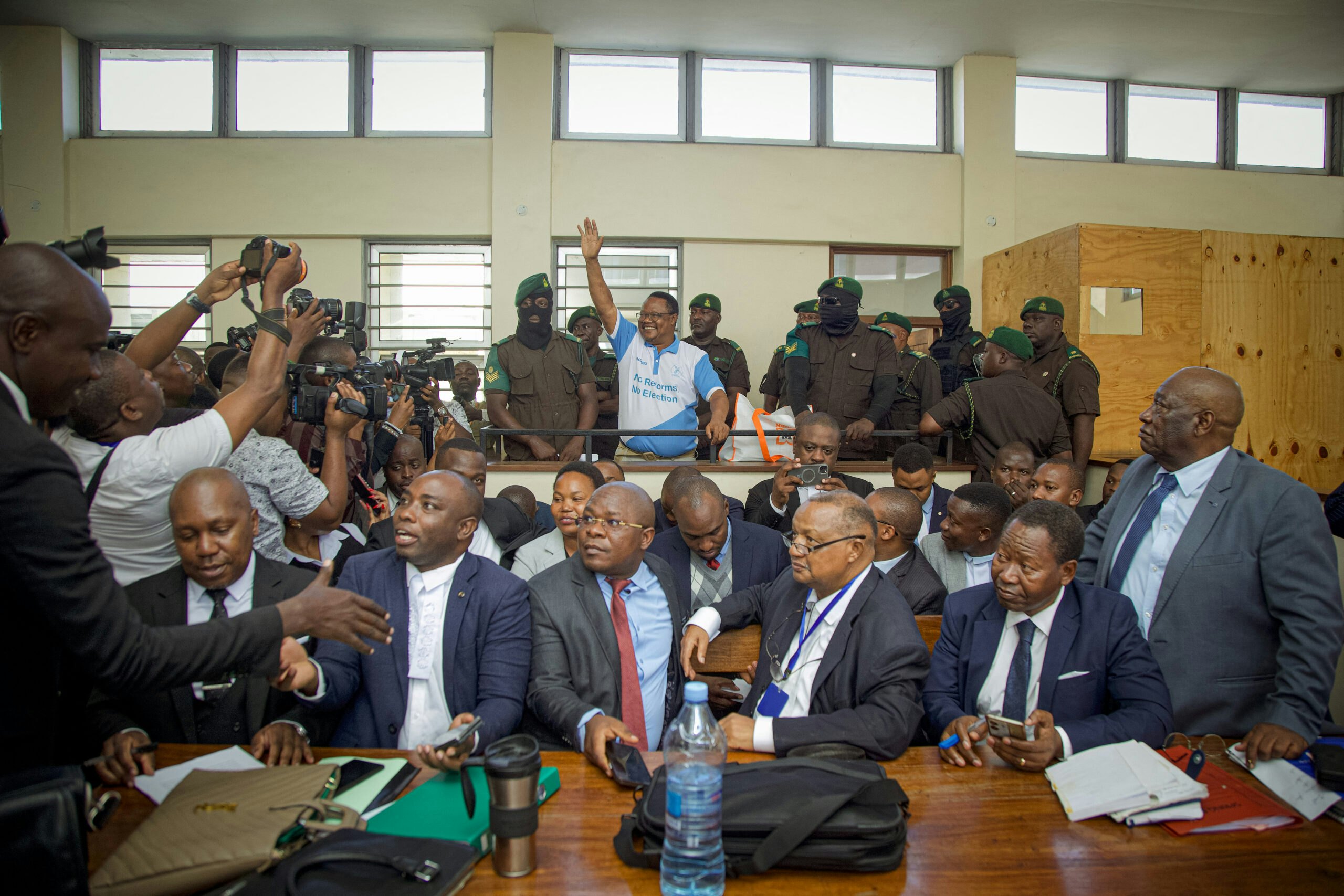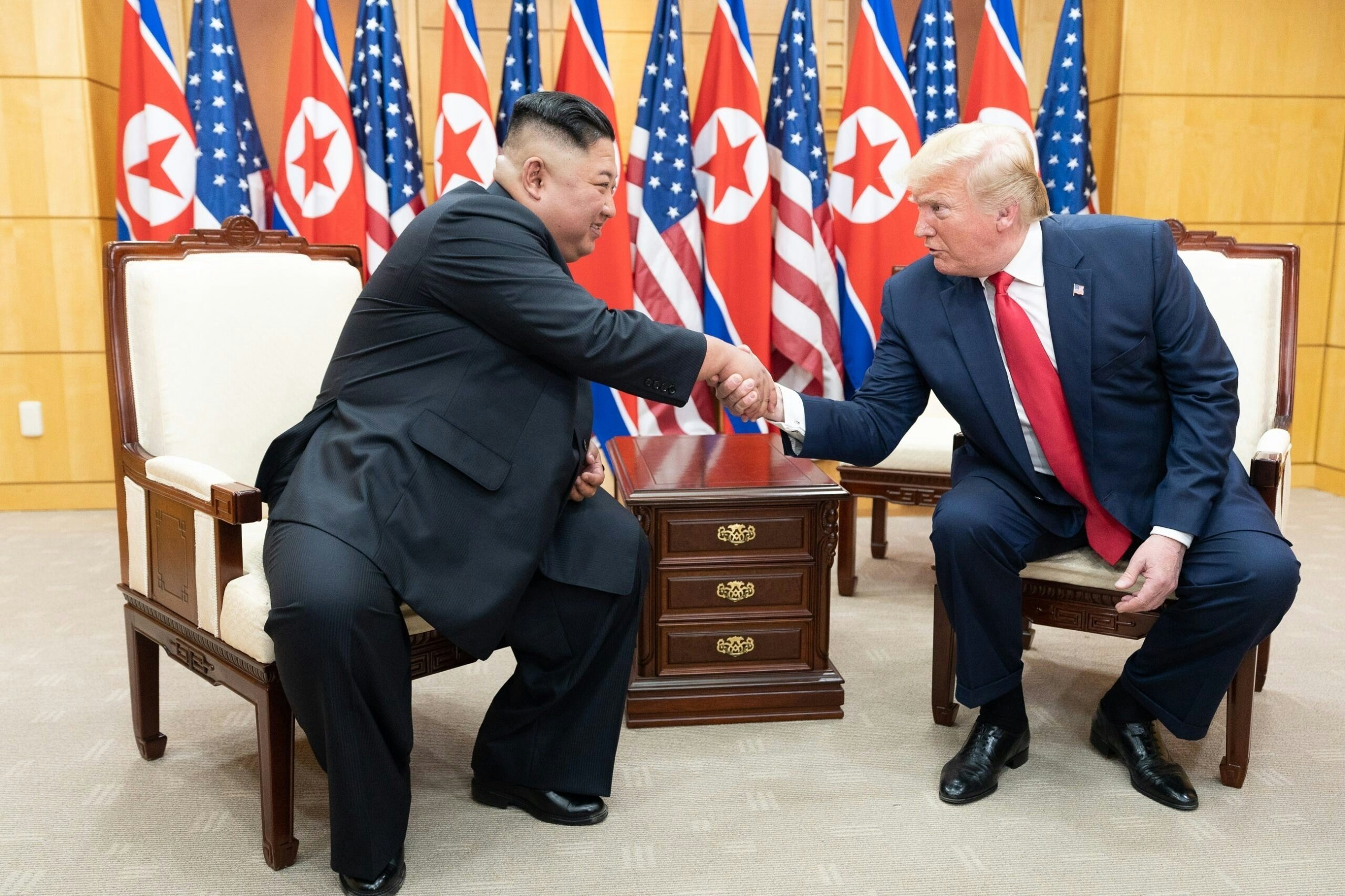The Bush Institute submitted the below statement to the House Foreign Affairs Committee ahead of a hearing on the State Department's assessment of the U.S. withdrawal from Afghanistan, where Secretary of State Antony Blinken testified. The statement details key recommendations for the U.S. to support the Afghan people and hold the Taliban accountable for their widespread abuse.
Dear Chairman McCaul, Ranking Member Meeks, Members of the Committee,
On behalf of the George W. Bush Institute, thank you for convening this important hearing.
As the Bush Institute highlighted in its “Captured State” paper series released earlier this year, the U.S. withdrawal from Afghanistan has left its population under the rule of a repressive and brutal regime, while U.S. adversaries have been emboldened and have profited from the Afghan people’s misfortunes.
As we look to the new Administration and Congress in 2025, we recommend the following policy changes:
- The United States should call for an update to the U.N. list of Taliban members who merit designation and use its own national accountability mechanisms to apply targeted sanctions on Taliban leaders who are engaged in corruption and human rights violations, especially those responsible for gender persecution. Coordinating Global Magnitsky sanctions with democratic allies who also possess similar legislation would multiply pressure on the Taliban and boldly demonstrate America’s longstanding commitment to protecting the inherent dignity of all.
- The United States should also investigate the Taliban’s capture of Afghanistan government ministries, subnational entities, and enterprises. It should designate those individuals and industries that have become conduits for illegal activity, terrorist financing, corruption, and human rights abuses for targeted sanctions and as primary money laundering concerns under Section 311 of the USA Patriot Act.
- The United States should designate the Taliban as a Foreign Terrorist Organization (FTO.)
- The United States should support Afghan civil society and elevate diverse Afghan voices within every forum related to Afghanistan’s future.
It’s timely to review the U.S. diplomatic efforts toward Afghanistan as we approach five years since the signing of the Doha Agreement, and more than three years have passed since the withdrawal of military forces from Afghanistan.
In this time, the Taliban have consistently failed and even flouted their obligations. Afghanistan under Taliban rule is again a safe haven for terrorist groups, and the dynamics of poverty, totalitarian propaganda, and ruthless oppression risk fueling a perfect storm in which broader segments of the Afghan population will be increasingly susceptible to radicalization. The Taliban’s unprecedented restrictions on women and the systematic denial of their fundamental human rights through gender apartheid are an affront to the Doha Agreement’s calls for intra-Afghan dialogue.
Although our leverage has changed, the United States and international community can do far more to support the Afghan people – especially women and children – and simultaneously hold the Taliban accountable for their ever-expanding use of brutality, corruption, and graft.
Governments, international organizations, and private sector entities must remain united against legitimizing the Taliban. And those who deviate from the global posture on non-recognition through bilateral actions should be called to answer for their hypocritical actions.
The United Nations and national governments – including the U.S. – should expand the definition of apartheid to include gender-based discrimination and segregation and pursue every channel possible to hold the Taliban accountable for their horrific brutalization of Afghan women and girls.
Women and other vulnerable populations should be notably represented in all convenings, hearings, and negotiations focusing on the future of Afghanistan. Too often, the communities that shoulder the majority burden of the Taliban’s abuse are sidelined in critical discussions. This must stop, especially as peace and security are impossible without them.
Most importantly, the U.S., in partnership with the international community, must fully enforce and expand the use of existing tools to hold the Taliban accountable for the corruption, continued support for terrorist and extremist groups, and gross human rights abuses.
This includes strengthening and expanding the use of U.N. Resolution 1988 Committee sanctions that designate 135 individual senior Taliban leaders and 5 entities under a travel ban, asset freeze, and arms embargo. Since August 2022, when blanket travel ban exemptions for designated Taliban expired, the U.N. Security Council has approved nearly four dozen exemption requests for both official and personal reasons, like accessing medical treatment. And on several occasions, senior Taliban leaders subject to 1988 Committee sanctions have traveled without an exemption with little scrutiny.
Meanwhile, Afghan women have been imprisoned in their homes and are prohibited from employment, education, and free movement. Their children are dying needlessly from preventable and treatable illnesses as Afghanistan’s health system crumbles and the Taliban continue theft of humanitarian aid.
At the same time, most current Taliban officials are not actually subject to U.S. or UN sanctions. From Europe to Africa to Asia, Taliban leaders have freely traveled for high profile events, official meetings (including with designated terrorist groups), and personal benefit.
This cannot continue.
Where the United States leads, the rest of the world follows. We urge Congress and the executive branch to work together to hold the Taliban accountable.






























